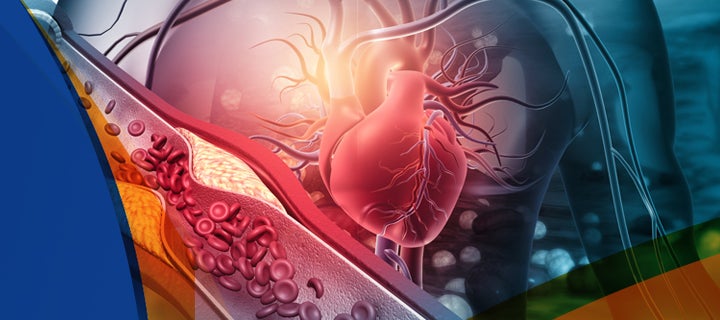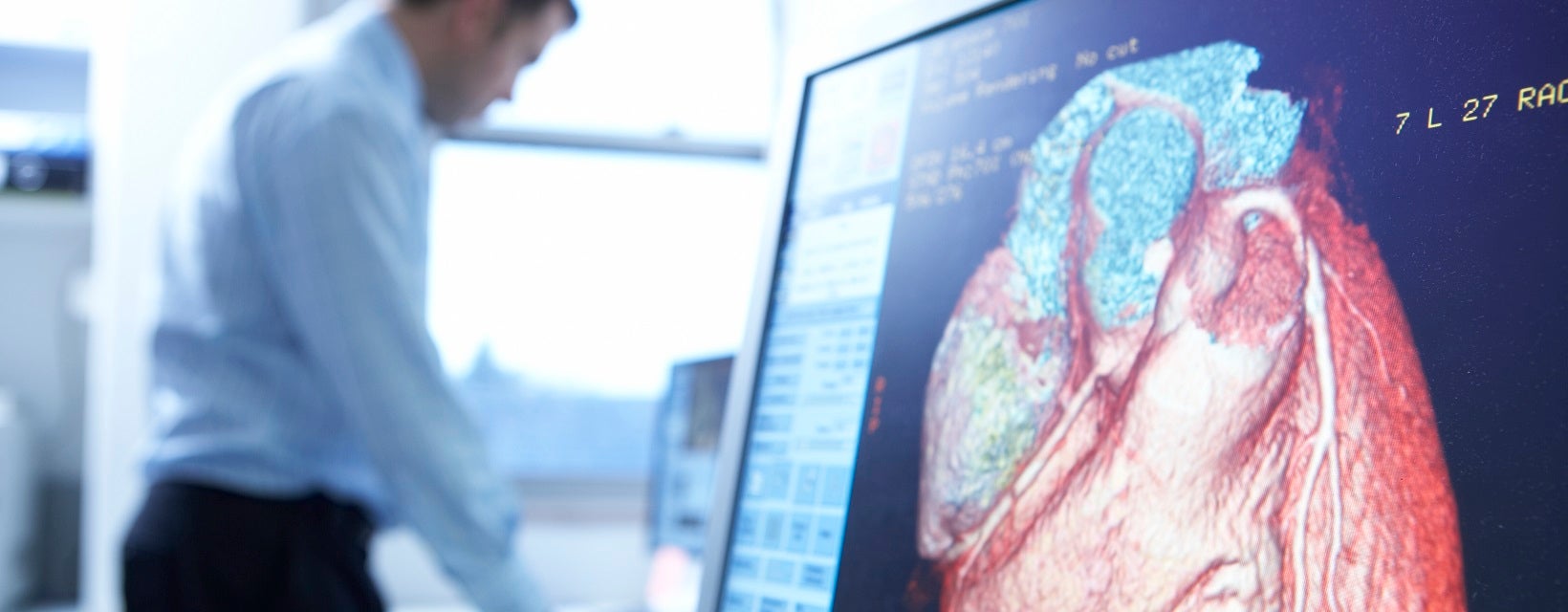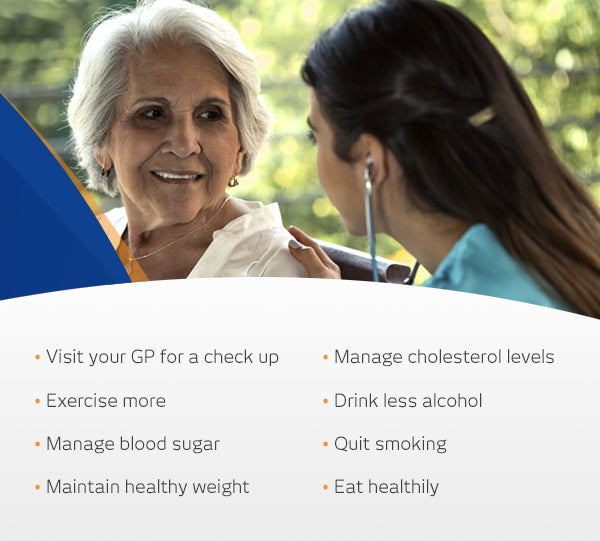
17 November 2021
How healthy is your heart?
17 November 2021
How healthy is your heart?

Heart disease is a group of conditions that includes coronary (involving blood vessels), heart disease, arrhythmias (irregular rhythms of the heart), heart failure and heart valve disease.
According to the Heart Foundation of Australia, on average, 20 people die of a heart attack in Australia every day. Heart attack happens when a major blood vessel or artery that supplies the heart becomes blocked. When this happens, vital oxygen can no longer be fed to the heart muscle, and it begins to die.
So, what causes this obstruction?
It is caused by a buildup of plaque or fatty deposits within the vessels that supply the heart with blood. This condition is referred to as coronary heart disease, also known as coronary artery disease.
Are you at risk?
There is often more than one factor that can determine your level of coronary artery disease risk, and some may be beyond your control.
According to the Heart Foundation, the following can increase the likelihood of disease onset:
Lifestyle factors
- Smoking damages the blood vessels to your heart, brain and other parts of your body
- Poor diet choices and physical inactivity can drive metabolic conditions like high cholesterol and blood pressure
- Excess weight increases the likelihood of fatty build-up in your arteries
- Excess alcohol consumption over time can weaken the heart muscle and contribute to an increased level of fat in the blood
Health conditions
- High blood pressure causes your heart to work harder
- High Cholesterol causes fat to build up in your arteries and can then cause a blockage
- Diabetics have high blood sugar levels, which can damage the vessels in your heart causing a buildup of fatty deposits (atheroma) at a younger age. It can also damage the nerves to the heart
- Poor mental health is linked to a higher incidence of heart disease
Other factors
- Family history of heart disease, often combined with lifestyle factors shared in the family
- Gender - for women, increased risk associated with high blood pressure, diabetes in pregnancy and following menopause; men tend to have a greater risk of heart attack at a younger age
- Ethnic background - people of South Asian, Middle Eastern, Maori or Pacific Islander descent demonstrate a higher incidence
- Age can increase your risk, particularly from age 45 onward
CT Coronary Artery Calcium Scoring

Your GP will often conduct a series of tests to assess your heart and determine if you are at a higher risk of a heart attack.
In some cases, they may suggest you have a special type of CT scan called Coronary Artery Calcium Scoring, which can have a role in determining your risk.
What is coronary artery calcium scoring?
A coronary artery calcium score is the measurement of calcium deposits (that occur during plaque formation) in the arteries that supply the heart muscle with blood. It is measured by taking a special computed tomography (CT) scan of the heart. The results of the scan are used to estimate the risk of a heart attack in the next 5–10 years. The more calcified plaque there is, the higher the risk of a heart attack.
What happens during coronary artery calcium scoring?
During the test, you lie down flat on a table which will move through a circular opening in the CT scanner. The radiographer who performs the scan will tell you to hold your breath at times. The machine monitors your heart rhythm with electrode patches that will be placed on your chest. There will be no injections or drinks given.
How do I prepare for coronary artery calcium scoring?
On the day of the CT scan of your heart, you will be advised to avoid smoking or drinking caffeine. No other preparation is needed.
What are the benefits of coronary artery calcium scoring?
The benefit is gaining a better understanding of the relative risk for you of having a heart attack or stroke in the future and using that information to decide which strategies you should use to reduce your risk if the risk is found to be high. Your doctor may decide that a second calcium score scan after a few years might be helpful to compare the results with the previous scan.
Discover further information on CT coronary artery calcium scoring here.
How do I book an appointment for the test?
First, your GP will need to write you a referral.
Then, using our online booking portal, select your preferred I-MED clinic and book the scan at a date and time that suits you.
What should I do next?
It is always best to speak to your GP who can assess your level of risk.
Things you can do to protect your heart
While some things may be beyond your control, there are many simple choices you can make to reduce your risk of coronary artery disease, these include:

Source: National Heart Foundation of Australia
Why you can trust I-MED Radiology
Our team of content writers create website materials that adhere to the principals set out in content guidelines, to ensure accuracy and fairness for our patients. Dr. Ronald Shnier, our Chief Medical Officer, personally oversees the fact-checking process, drawing from his extensive 30-year experience and specialised training in radiology.
